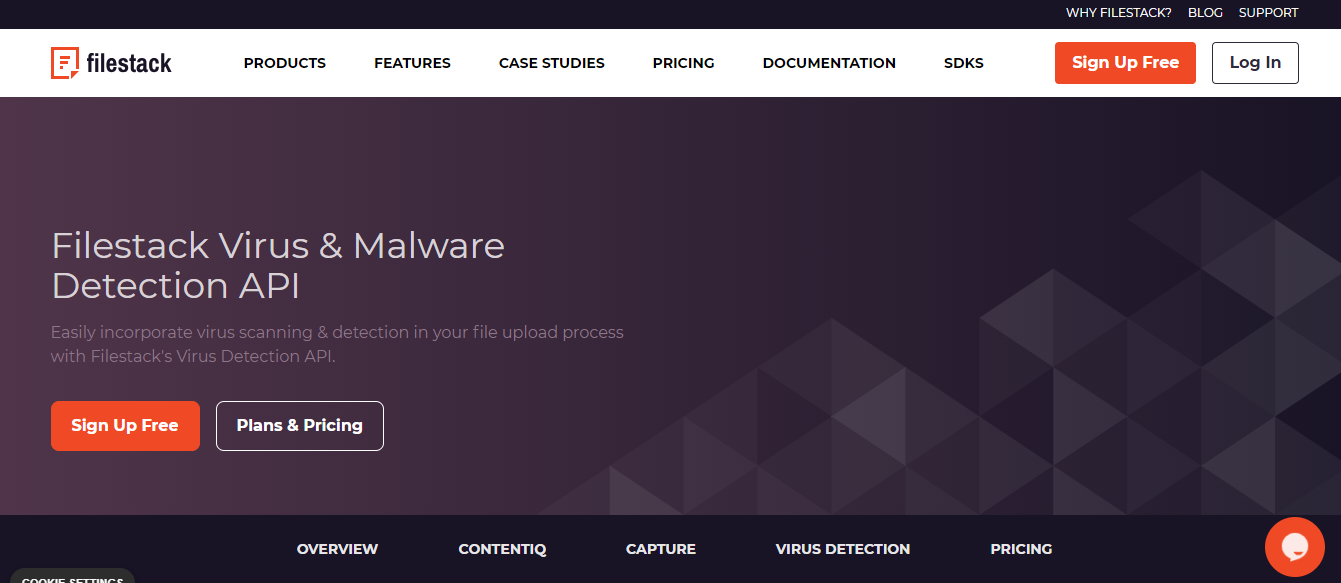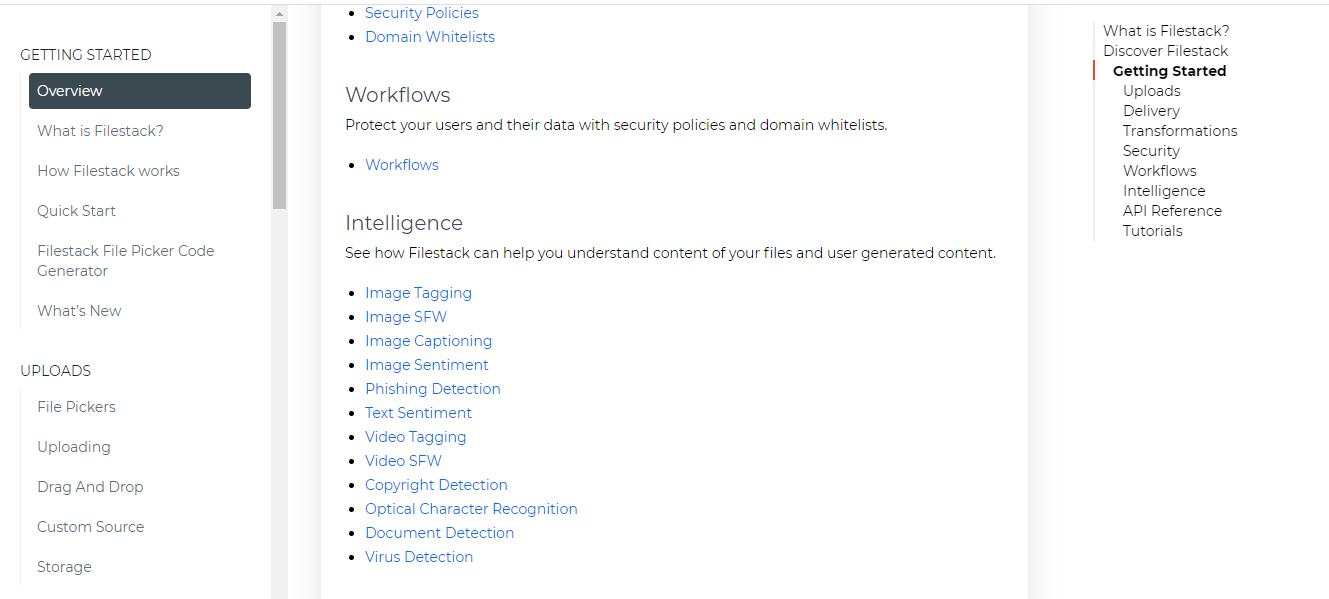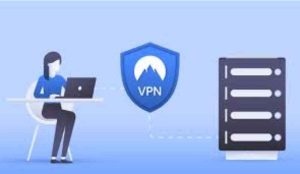Using a Cloud-Based File Virus Scanner for Secure File Management

Table of Contents
Introduction
In today’s digital landscape, the threat of viruses and malware looms large over organizations. These threats are making the need for a robust file virus scanner more critical than ever. As technology advances, so do the approaches employed by cybercriminals. As a result, necessitates a proactive approach to protect sensitive data. One such solution gaining traction is a cloud-based file scanner for virus contents.
The prevalence of a cloud-based file scanner for viruses has skyrocketed in recent years. Organizations increasingly recognize the advantages of moving their virus detection systems to the cloud. There are several reasons behind this migration towards cloud-based virus detection solutions. Firstly, the cloud offers scalability, enabling organizations to handle large volumes of files without costly infrastructure upgrades. Additionally, cloud-based solutions provide real-time threat intelligence.
The market has a wide range of offerings regarding cloud-based file virus scanners. Providers like Filestack offer comprehensive tools that enable organizations to streamline their file management processes while ensuring robust virus detection. These solutions often have advanced features like content filtering, threat intelligence, and customizable scanning options.
This blog series will delve deeper into cloud-based file virus scanners. Let’s begin!
What are cloud-based file virus scanners, and how do they function?
Cloud-based file virus scanners are security tools that use cloud computing infrastructure to detect and mitigate viruses, malware, and other malicious files. Unlike traditional antivirus software that runs directly on individual devices, cloud-based scanners leverage the power of remote servers and algorithms to analyze files for potential threats.
The functioning of cloud-based file virus scanners typically involves the following steps:
- Users or organizations upload files to the cloud-based scanner’s server or platform.
- The scanner applies sophisticated algorithms and heuristics to analyze the uploaded files. These algorithms examine the file’s code, behavior, and characteristics to identify malicious patterns or indicators.
- It compares the analyzed files against an extensive database of known viruses and malware. This database, often called a signature database, contains information about known threats.
- If the scanner detects a match between the analyzed file and a known virus or malware signature, it alerts the user or organization.
- Cloud-based scanners frequently update their signature databases to stay up to date with modern threats.
What are different cloud-based virus scanners currently available?
There are several reputable cloud-based virus scanners available in the market today. Here are a few notable options:
Filestack Virus & Malware Detection API
This API helps us detect and scan viruses inside our files. Filestack’s virus detection API supports scanning every file, whether an image or a PDF. Moreover, it also protects ZIP and TAR files. Hence, you can ensure safe document uploading by blocking malicious file uploads. Therefore, you can secure file uploads with Filestack.

Microsoft Defender Advanced Threat Protection (ATP)
Microsoft Defender ATP offers advanced threat protection for endpoints, including cloud-based virus scanning capabilities. It influences artificial intelligence and machine learning algorithms to detect and respond to sophisticated malware threats.
Google Cloud Security Command Center
Google Cloud Security Command Center provides a comprehensive security management platform that includes cloud-based virus scanning. It helps organizations identify and mitigate security risks across their Google Cloud infrastructure.
Cisco Umbrella
Cisco Umbrella is a cloud-based security platform offering various security services, including virus scanning. It provides real-time threat intelligence and protection against malware, phishing, and other cyber threats.
McAfee MVISION Cloud
McAfee MVISION Cloud is a cloud access security broker (CASB) that provides cloud-based virus scanning as part of its suite of security services. It helps organizations gain control and visibility on their cloud applications and data, protecting against malware and other threats.
What are the principal advantages of cloud-based scanning?
Cloud-based scanning offers several principal advantages that make it a preferred choice for organizations:
Easy accessibility
Cloud-based scanning allows users to access the scanning service anywhere with an internet connection. This convenience eliminates the need for local installations and enables seamless scanning across different devices and locations.
Flexibility
Cloud-based scanning accommodates diverse file types and formats, making it adaptable to various business needs. It supports scanning documents, images, emails, and more, ensuring comprehensive protection against threats across multiple file types.
Scalability
Cloud-based scanning solutions can easily scale up or down to handle varying workloads. As organizations grow or experience fluctuations in scanning requirements, the cloud infrastructure provides the necessary resources to accommodate increased volumes and ensure efficient scanning processes.
Real-time updates
Cloud-based scanners frequently update their virus definition databases and security protocols in real-time. It ensures organizations are equipped with the latest threat intelligence and protection against emerging viruses and malware.
What are the advantages of cloud-based file virus scanners compared to traditional ones?
Cloud-based file virus scanners offer several advantages over traditional virus scanners, enhancing security and improving business operational efficiency.
- Firstly, cloud-based scanners provide real-time scanning capabilities
- Secondly, automatic updates are seamlessly deployed in the cloud.
- Additionally, cloud-based scanners often incorporate advanced threat detection mechanisms. Hence, leveraging machine learning and AI algorithms effectively identifies and responds to sophisticated threats.
- Lastly, cloud-based scanning eliminates the need for on-premises infrastructure. It reduces costs associated with hardware, maintenance, and software updates.
What are the capabilities of advanced file virus scanners?
Advanced file virus scanners offer a wide range of capabilities to effectively detect and mitigate viruses and malware. These sophisticated tools employ advanced algorithms and technologies to provide comprehensive security.
They can identify various types of viruses, worms, trojans, ransomware, spyware, and other malicious code, safeguarding systems from diverse threats.
Advanced scanners often utilize behavior-based analysis, heuristics, and sandboxing techniques to identify unknown or zero-day threats.
Additionally, they may offer features like real-time scanning, email attachment scanning, web protection, and proactive threat intelligence.
The ability to perform deep file inspection, detect polymorphic malware, and provide customizable scanning options are unique features that distinguish advanced file virus scanners from others, ensuring robust protection against evolving and sophisticated threats.
What is the role of advanced file virus scanners in enhancing file management security?
Advanced file virus scanners play a crucial role in enhancing file management security.
By integrating these scanners into file management workflows, organizations can ensure that every file uploaded or processed undergoes thorough virus scanning. Hence, it can help minimize the risk of malware-infected files entering their systems.
The convenience of using a cloud-based virus scanner further enhances security by providing easy accessibility from any location. Moreover, it helps facilitate seamless integration with existing file management systems.
This integration enables a streamlined and automated approach to file security, reducing manual efforts and enhancing efficiency.
Moreover, organizations can establish a robust and comprehensive security framework, safeguarding their valuable data and mitigating the risks associated with malicious files.
How to use the advanced file virus scanners?
Here is how you can use Filestack virus detection API. You must sign up for a Filestack account and navigate to the Intelligence category inside the documentation. Here you will find the Virus Detection option at the end of the list.

You must configure the workflow if you want to detect viruses. If there is no virus in your file, it will return the following response
{
“data”: {
“infected”: false,
“infections_list”: []
}
}
However, if there is a virus present in your file, it will return the following response.
{
“data”: {
“infected”: true,
“infections_list”: [
“content.malicious.ait-trojan-nymeria-315”
]
}
}
How do you customize advanced file virus scanners to suit business needs?
Customizing advanced file virus scanners is essential to meet specific business needs effectively. These scanners often provide a range of configuration options that allow organizations to tailor the scanning process according to their requirements.
Administrators can define scanning schedules, set exclusions for trusted files or folders, adjust scanning sensitivity levels, and configure notification preferences.
By customizing these settings, businesses can optimize the scanner’s performance, minimize false positives, and focus on their unique security priorities.
Such customization enhances productivity and efficiency by reducing unnecessary scanning overhead and ensuring the scanner aligns with the organization’s security policies.
Customized advanced file virus scanners provide a targeted and efficient approach to file management security, enabling businesses to enhance their overall cybersecurity posture.
Conclusion
Leveraging a cloud-based file virus scanner is a strategic choice for organizations seeking secure file management. The increasing prevalence of these scanners reflects their effectiveness in mitigating the risks posed by viruses and malware.
By offloading the scanning process to the cloud, organizations benefit from easy accessibility, scalability, and real-time updates. The convenience of cloud-based scanning and integration capabilities allows for seamless incorporation into existing file management systems.
Customization options enable businesses to tailor the scanner to their needs, enhancing productivity and efficiency. Organizations can confidently protect their sensitive data with a cloud-based file virus scanner. By embracing these advanced solutions, organizations can safeguard their digital assets and ensure a secure operating environment.
Also Read: What Is an IP Address?
FAQs
How do I check for viruses in a file?
You can use antivirus software or an online virus scanning tool to check for viruses in a file.
Can I scan a file online for a virus?
You can scan a file online for a virus using various cloud-based virus scanning services and tools.
How to check APK for viruses?
To check an APK for viruses, use an antivirus app or an online virus scanning service specifically designed for APK files.
What is the free antivirus that scans files?
Avast Free Antivirus




